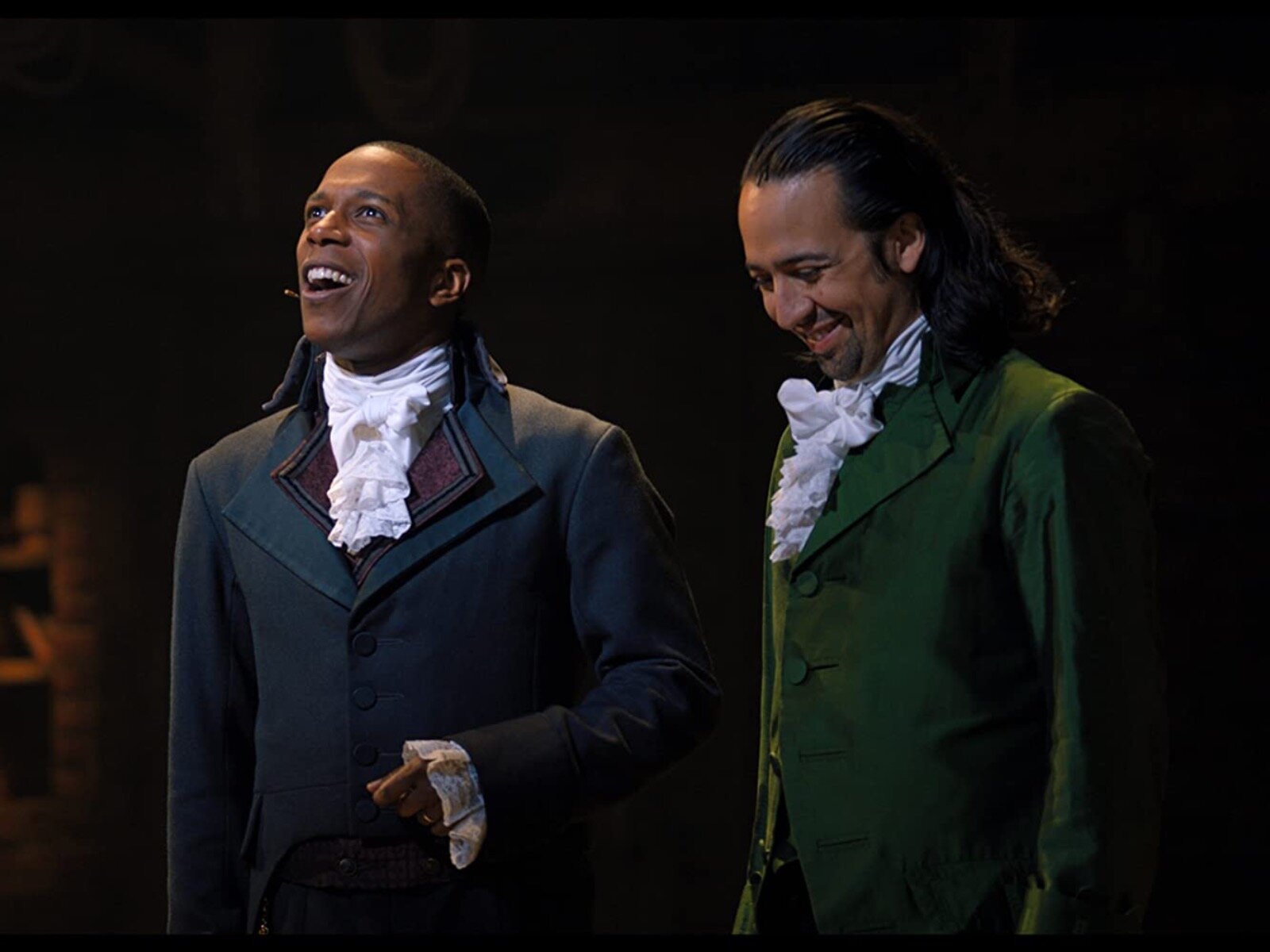"No," director Pablo Larraín’s Academy Award nominated Chilean film, isn’t simply set in the late ’80s. It feels like you’ve been just dropped into the ’80s for two hours. The movie has a marvelous sense of place and time, while also telling a story about the mixing of politics and advertising that feels as relevant as ever.
I understand after an election year it’s hard to get excited for a whole movie about political ads, but with Larraín in charge, it’s a topic worth revisiting.
Mexican actor Gael García Bernal plays René Saavedra, a popular, hip advertising man working in Chile. In 1988, he takes on his most intimidating and intense job yet: the campaign to vote against General Augusto Pinochet in the 1988 national plebiscite and to vote "no" for eight more years his often brutal reign of missing people and tortured political prisoners. Each party is given 15 minutes of television time every night to make their points and hopefully sway the nation to their side.
For the "no" campaign, Saavedra pitches an unconventional and daring strategy. Instead of pushing the tragedies and horrors of Pinochet’s presidency into viewers’ faces, he wants to sell the ideas of happiness, hope and optimism – emotions that have been subdued for years and replaced with cynicism and doubt – to the Chilean people.
His colorful, pleasant ads – featuring a bright rainbow-themed logo, a bouncy ’80s-drenched jingle and celebrity endorsements – don’t sit well with some of his political bosses, who worry Saavedra is coloring over the actual issues at stake, but the TV spots are a hit amongst the people. Best of all, they’re unsettling the "yes" campaign, led by Saavedra’s boss (Alfredo Castro), and pushing it toward slimy attack ads and intimidation tactics.
The story, written by Pedro Peirano based on Antonio Skarmeta’s unpublished play, is a somewhat standard underdog tale complete with cute kid and unenthusiastic wife, but little else about "No" looks or feels standard.
Larraín daringly shot the film with retro Sony U-Matic magnetic tape cameras – the standard for television news at the time – forcing the movie into a small frame and most notably giving "No" a remarkably authentic grain and grit. Even the color at several moments looks like it’s splitting apart and dividing before the audience’s eyes like an old VHS tape (though it’s thankfully less ugly than the tape-based horror collection "V/H/S"). It leads to an almost seamless fusion of archival footage and the original "No" ads, and the fictitious Saavedra’s story.
Saavedra may not be real – the skateboarding, bearded ad man who defiantly tells his party’s leaders that their original pitch "doesn’t sell" is loosely based on Eugenio García, the actual creative director for the campaign – but he comes to life thanks to Bernal’s quietly entertaining performance. It’s a modest turn, one not prone to big emotion or theatrics as he tries to sell something far more important than a bottle of soda.
I do wish the movie stepped out from behind the scenes to get a glimpse of the country’s emotions during the lead-up to the vote. Larraín spends most of "No" with Saavedra, who seems far more interested in pulling off the sell than the politics. He’s a complex character who compels the mind perhaps more than he compels the heart.
"No" is far from inert though. It’s a dryly funny and sometimes surprisingly tense look at a time when people were tuning in – not out – to what political ads had to say.
As much as it is a gigantic cliché to say that one has always had a passion for film, Matt Mueller has always had a passion for film. Whether it was bringing in the latest movie reviews for his first grade show-and-tell or writing film reviews for the St. Norbert College Times as a high school student, Matt is way too obsessed with movies for his own good.
When he's not writing about the latest blockbuster or talking much too glowingly about "Piranha 3D," Matt can probably be found watching literally any sport (minus cricket) or working at - get this - a local movie theater. Or watching a movie. Yeah, he's probably watching a movie.







